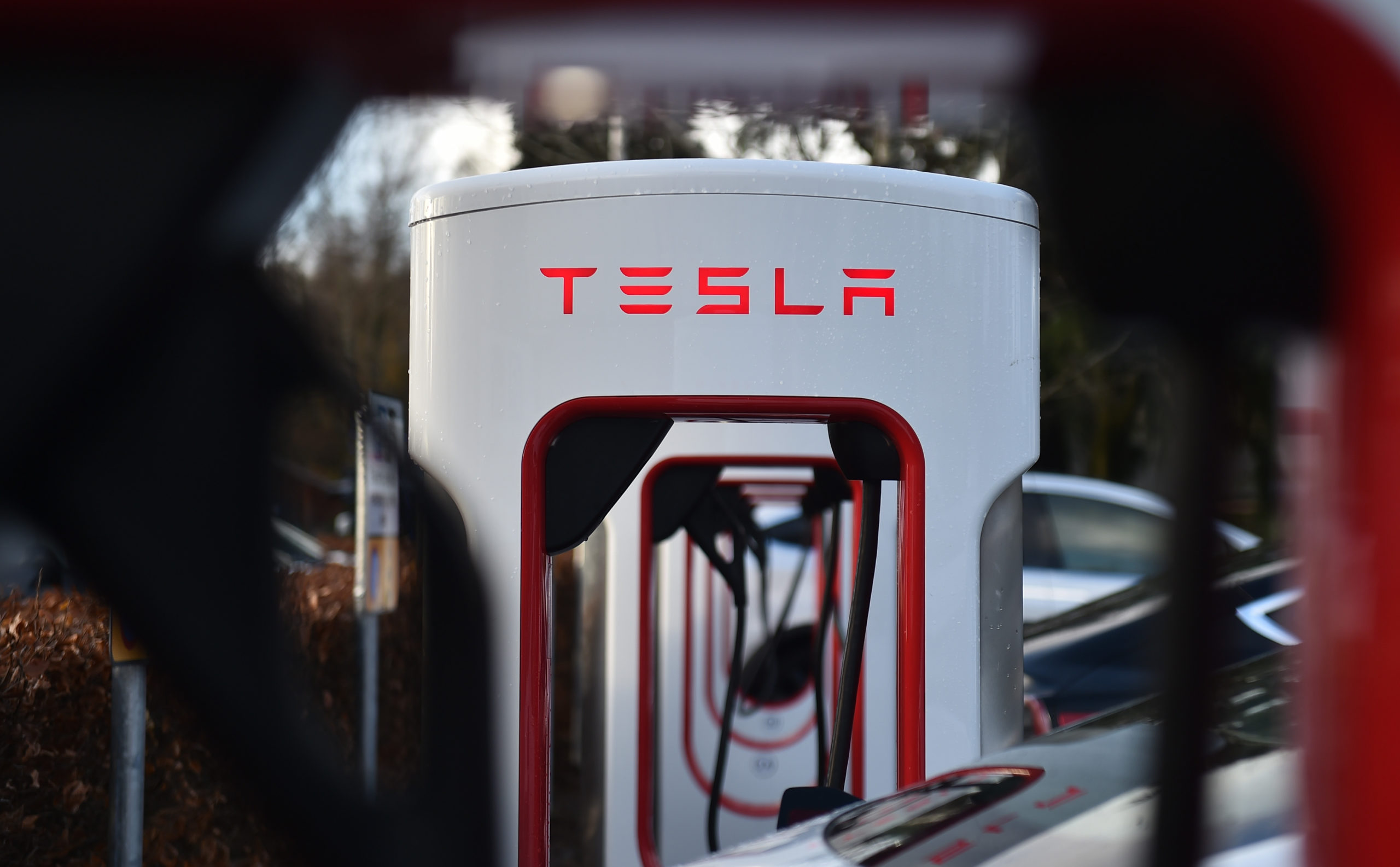Buyers treatment about the ESG (environmental, social and governance) profiles of massive firms far more than ever. In 2019, S&P Global, the ratings company at the rear of the S&P 500 Index, introduced a new benchmark called the S&P 500 ESG Index, a weighted range of about 300 community companies the company thinks have accomplished a superior harmony between fiscal return and sustainability performance.
Just one would assume Tesla, the world’s largest electric car maker, would effortlessly make the listing and it did for quite a few several years. But not any extra. In April, S&P made a decision to exclude the company from its ESG Index right after an yearly re-balancing. In the meantime, the organization assigned a better ESG score to Exxon Mobil, the most significant oil and gasoline producer in the U.S., and bundled it in this year’s index.
S&P is not the only 3rd-celebration business with this perspective. In environmental index compiled by the College of Massachusetts past calendar year, Tesla was rated as a even bigger air polluter than Exxon Mobil and Marathon Petroleum.
As ESG investing will become a multi-trillion section of the monetary current market, there is escalating skepticism about how ESG cash find portfolio corporations. Alongside with oil producers, weapon suppliers and tobacco firms are still incorporated in some ESG funds, whilst fund managers owning been lowering exposure to these industries.
Is Exxon Mobil a lot more environmentally friendly than Tesla?
The College of Massachusetts’ 2021 Harmful Air Polluters Index, which ranks 100 big companies by the amount of air air pollution employing 2019 facts (the most latest obtainable), placed Tesla at 22, larger than Exxon Mobil (26) and Marathon Petroleum (28). The vast bulk of Tesla’s air air pollution stems from battery manufacturing at the company’s Nevada manufacturing facility, in accordance to researchers.
The S&P’s issue with Tesla is much more social than environmental. In a web site submit on May 17 detailing the re-balancing, the scores firm cited Tesla’s “lack of a small-carbon strategy†and “codes of business conduct†as principal factors for rejection.
Specifically, S&P took issue with statements of racial discrimination and weak operating disorders reported at Tesla’s Fremont, Calif. factory, as very well as the company’s dealing with of an investigation by the Countrywide Highway Transportation Safety Administration (NHTSA) relating to the protection of its driver-assistant system.Â
“While Tesla may possibly be enjoying its part in having fuel-driven cars off the street, it has fallen at the rear of its peers when examined by means of a wider ESG lens,†wrote Margaret Dorn, S&P’s head of ESG Indices in North The us, in the submit. S&P did not describe in its website post why Exxon is integrated in this year’s ESG index.
Also kicked off the index this year are Meta, Berkshire Hathaway, and Exxon’s rival, Chevron Company. S&P International didn’t react to a push inquiry why Exxon designed the list whilst Chevron, Meta and Berkshire Hathaway did not.
The ESG Index’s methodology website page lists a intricate of range requirements, such as the style of enterprise exercise a company is engaged in, its fiscal effectiveness, environmental impact, media experiences, and how it treats stakeholders outside of shareholders including clients, employees and small business companions.
The debate above how ESG is calculated
S&P’s reshuffling of ESG firms prompted a blast from Tesla CEO Elon Musk. “ESG is a fraud. It has been weaponized by phony social justice warriors,†he tweeted on Could 18.
Musk is not alone in questioning S&P’s scoring process. “All the leading firms on the ‘rebalanced’ ESG Index checklist have been subject to discrimination troubles and governing administration probes,†said Rashida Salahuddin, president of the Company Citizenship Task, a consulting firm advising community providers on governance and ESG issues.
“The final decision to take out Tesla is an illustration of how arbitrary and flawed the ESG rating and indexing system has develop into,†Salahuddin added.
In its 2021 Influence Report unveiled in early Might, Tesla explained present ESG reporting focuses too a lot on a company’s hazard/return profile and not enough on social and environmental effects. “Individual investors—who entrust their cash to ESG cash of significant financial investment institutions—are potentially unaware that their revenue can be made use of to buy shares of organizations that make weather adjust worse, not improved,†the report states.

